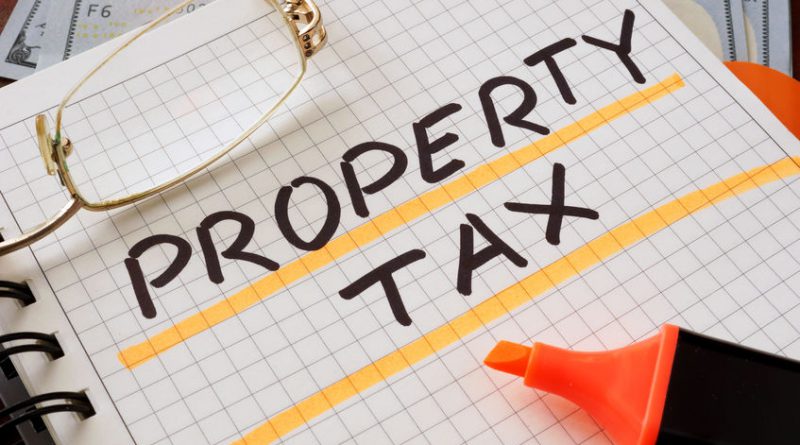MEOA lauds Sabah’s decision not to implement property assessment tax
KUALA LUMPUR (May 13): The Malaysian Estate Owners Association (MEOA) has applauded the Sabah state government’s decision not to implement the proposed Property Assessment Tax (PAT) on palm oil mills and the labour quarters.
MEOA president Jeffery Ong said the oil palm planters in Sabah were delighted when Chief Minister Datuk Seri Mohd Shafie Apdal, in a dialogue with business entrepreneurs held in the state, announced that the proposed PAT will not be implemented.
“The Sabah chief minister shared that he recognises and is appreciative of the current low crude palm oil (CPO) prices affecting the oil palm growers and also the prevailing taxes, however, the state government needs the Sales Tax – but it will not add on new taxes.
“The cancellation of the intended implementation of PAT is well received and much appreciated by the industry,” he said in a statement.
Being a commodity, said Ong, CPO producers are price takers and not price makers and the prevailing low CPO prices affected and its impacts cascaded across the entire upstream supply chain involving producers of fresh fruit bunches (FFB) to CPO.
He said any new taxes would further erode the competitiveness and sustainability of the oil palm industry in Sabah which is still recovering from the El Nino weather impact, low CPO prices and labour shortage.
“This is of immediate livelihood concerns for the smallholders, profitability of plantation companies as well as the supporting millers.
“In recent times, amid low CPO prices, the cost of production has continued to increase with the multitude of taxes, levies and mandatory compliance requirements, including the recent nearly 20 per cent revision in minimum wages being imposed on oil palm growers in Sabah,” he said.
One of the association council members, Joseph Tek, highlighted at the dialogue that one of the new taxes that was about to be imposed in Sabah by a number of local district councils was the PAT on palm oil mills and their labour quarters. This is related to the Sabah Local Government Ordinance 1961.
Currently, the appointed valuer is already pursuing the valuation surveys on palm oil mills.
The yearly financial implication is very high and the add-on costs will be passed down to all crop suppliers, which inevitably will include smallholders and estate owners selling their FFB to the affected mills.
There could also be a potential of non-compliance relating to the ongoing Malaysian Sustainable Palm Oil certification.
Source: EdgeDrop


